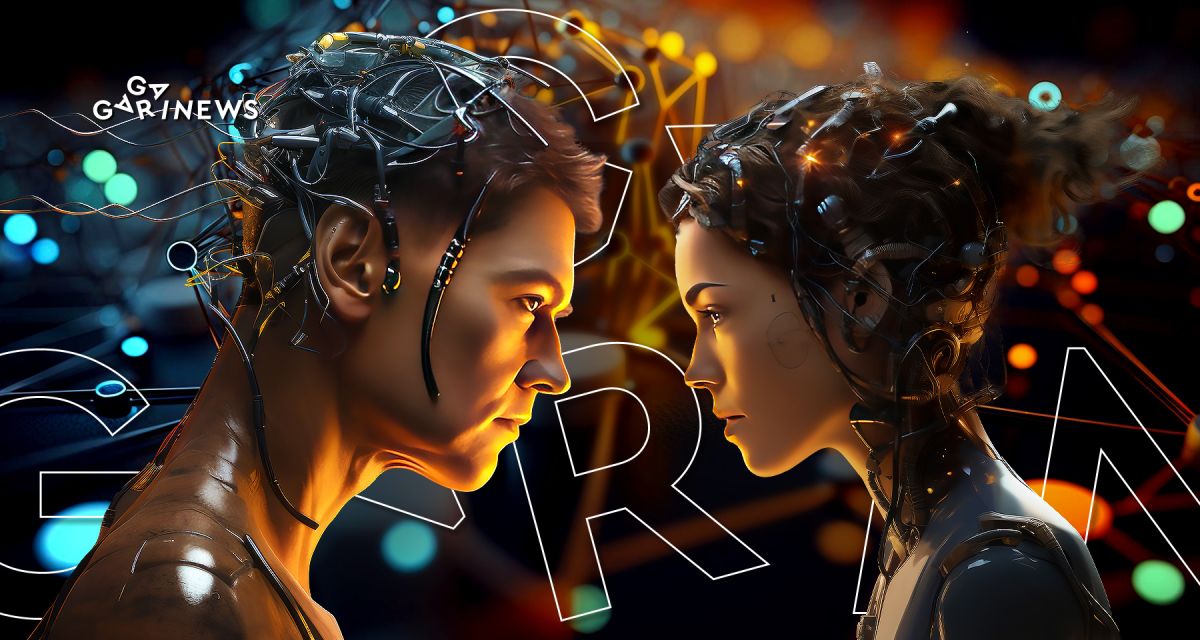Do Women Robots Play into Our Stereotypes?

Do we have a preference for female robots? And if so, is this a problem?
On this page
A robot with feminine traits. Is it good – or is there a worrisome aspect to it?
Opinions differ on the matter, especially after the AI for Good conference in Geneva, the largest-ever gathering of humanoid robots held in July 2023.
As per reports, it featured many such feminine robots.
They include Ai-Da-the-artist, and Grace-the-nursing-assistant robot alongside Sophia, Nadine, Mika, and Desdemona.
Grace-the-nursing-assistant robot. Source: YouTube
This prevalence of female robots, according to the BBC, begs the question of whether it is part of our inherent gender bias. That is, do we believe that robots, which are often associated with service-related functions, should have feminine characteristics? If yes, this could be viewed through the lens of servility.
This hypothesis gets the green light from some scientists such as Karl MacDorman, an expert in robotics and human-computer interaction at the US University of Indiana.
He says that when it comes to quality of service or customer service roles “I think that they may be more associated with women than with men.” He adds, “the initial stereotype then becomes reinforced just because it becomes a popular choice to give artificial intelligence a female voice.”
Was it always like that?
It doesn’t seem like it. Kathleen Richardson, a professor of ethics and culture of robots and AI at the UK's De Montfort University, said that in the early days, robots would in fact look like children.
The idea behind this is that a robot who looks like an infant is perceived as less threatening than an adult, with MacDorman concurring that this was the case.
However, as the technology developed, it appears that robots did after all take a new shape – that of a female.
This sparks an array of concerns.
In MacDorman’s view, there’s a vivid element of sexualization at play, with male designers trying to turn these robots into a machine that corresponds to their personal preferences.
There's definitely a sexualisation. The more realistic the robot and the more realistic the voice, the greater the tendency to sexualise it. If it's something very realistic, there's the tendency to see it or to treat it as if it were human. It's kind of pressing our Darwinian buttons, so to speak,
he said.
Furthermore, there’s a concern that this could lead to unhealthy pseudo-relationships. In other words, people having intimacy with robots. In some places around the world, this is already happening. One of them is Barcelona which opened Europe's first sex doll brothel over three years ago.
This could lead to the idea that the oneway projection of your own ideas and desires onto a robot is the norm even though it’s not. In that respect, MacDorman emphasizes, “there's a concern generally with AI, especially when it's related to sex: human relationships are difficult. There's risk involved with any kind of intimacy, and AI is more compliant.”
However, there may be other reasons for making female robots. For example, Nadia Magnenat Thalmann says that her robot Nadine, showcased at the mentioned conference, is a “robot selfie”. In other words, a robot designed after herself.
Meanwhile, Ai-Da-the-robot-artist was in fact made to look like a woman because, according to the team behind the robot, female voices are typically very underrepresented in both the art and technology spaces. Ai-Da’s design is based on Victorian mathematician Ada Lovelace who was the first to grasp that the machine had applications beyond pure calculation. Speaking of Ada, Cardano named its coin after the mathematician.
Ai-Da-the-robot-artist. Source: ai-darobot.com
Also, generally, we tend to prefer female voices, with research – by MacDorman and his colleagues – showing that in reality – as opposed to their public statements – women prefer female voices while men don’t have a particular preference.
While the debate on the subject of feminine robots will likely continue to take place as the technology advances, it is clear that AI presents many challenges and could indeed lead to an array of scenarios.
In one of our previous articles, GNcrypto tried an AI service for creating a companion. While we published an extensive overview of that experience, we can safely say that AI robots are indeed akin to an echo chamber that could well distort your understanding of how real conversations work.
Previously, GNcrypto reported on Sex and AI controversy.
The content on The Coinomist is for informational purposes only and should not be interpreted as financial advice. While we strive to provide accurate and up-to-date information, we do not guarantee the accuracy, completeness, or reliability of any content. Neither we accept liability for any errors or omissions in the information provided or for any financial losses incurred as a result of relying on this information. Actions based on this content are at your own risk. Always do your own research and consult a professional. See our Terms, Privacy Policy, and Disclaimers for more details.




























